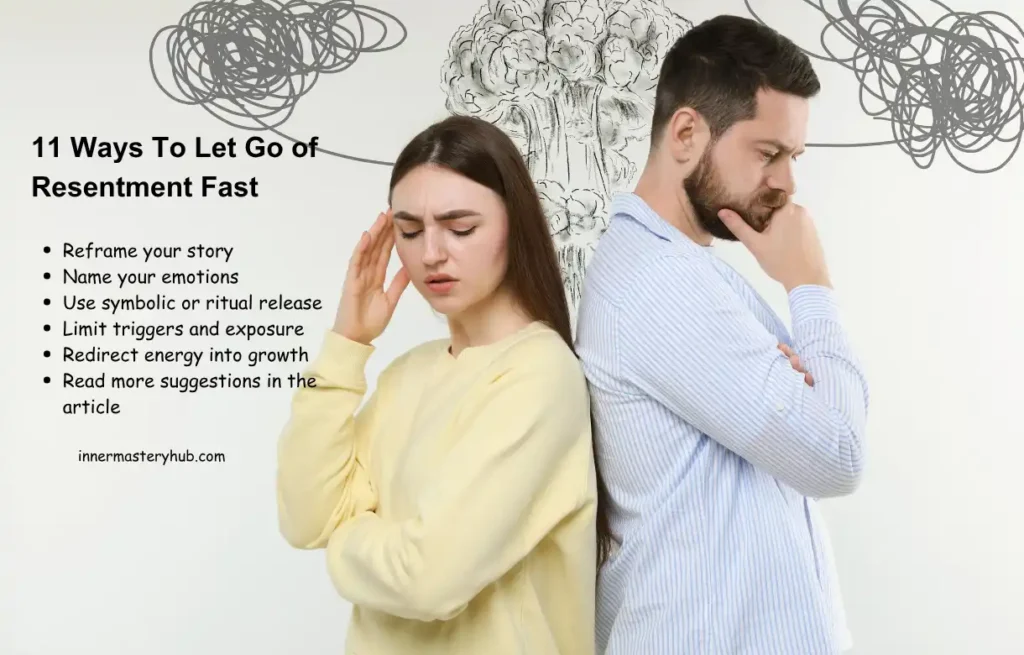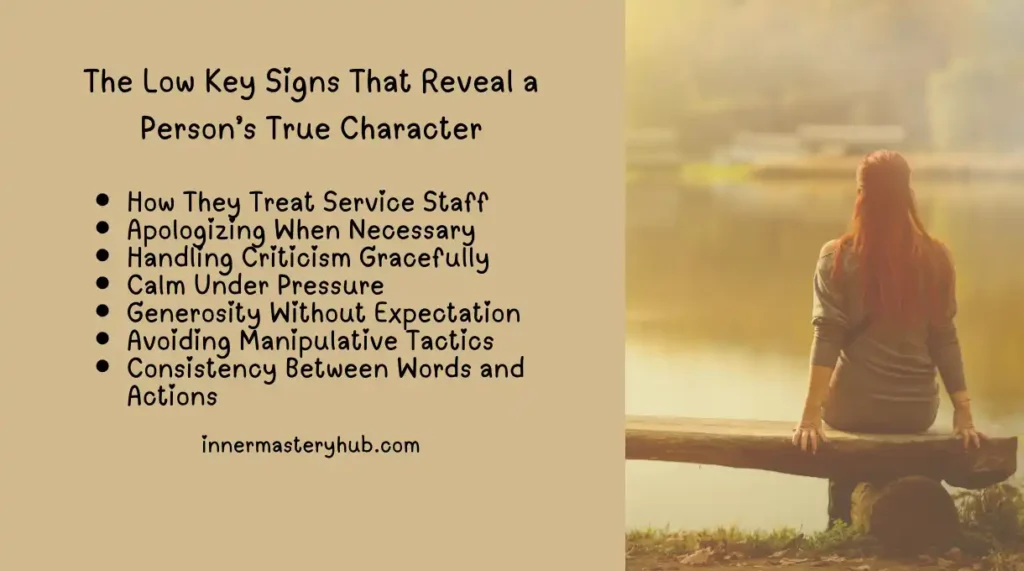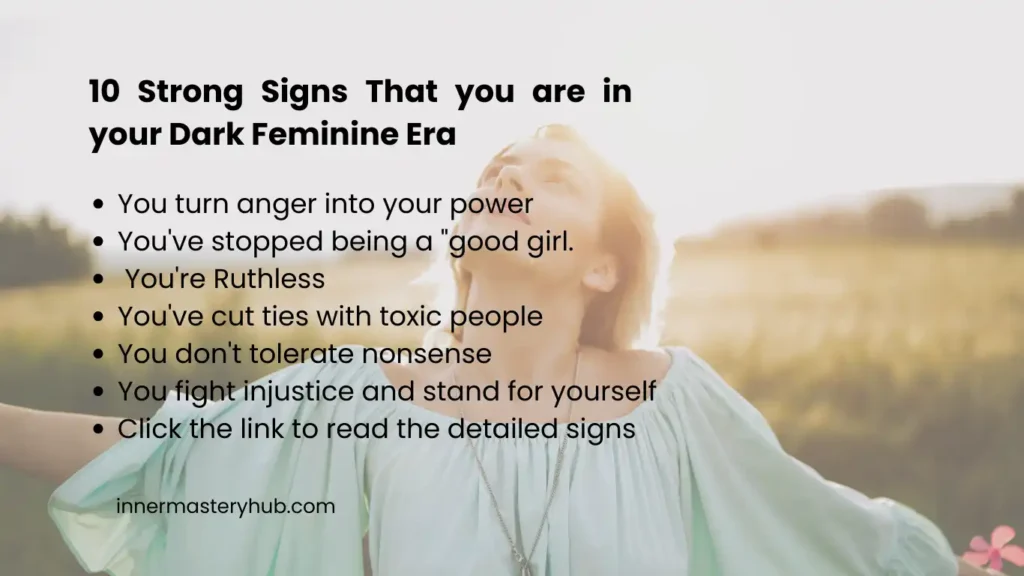Conscience vs Consciousness: The Inner Battle Controlling Your Emotions
Conscience vs consciousness
Conscience and consciousness are often confused, but they have different meanings. Conscience is the inner moral guide that helps you know right from wrong. Consciousness is your awareness of thoughts, feelings, and surroundings. In simple terms, conscience relates to ethics, while consciousness relates to awareness.

You know that feeling you get when you respond too quickly, say something hurtful, and then you start to feel uncomfortable inside? “Why did I do that if I knew better?” you ask yourself. Here, the argument between conscience and consciousness passes through simple terminology. It turns into an emotional battle.
It initially appears to be an issue with self-control. On the inside, however, something deeper is going on. Being conscious allows you to recognise the feeling as it rises. Quietly, conscience examines if doing so complies with your values. Emotional control is weakened when these two are not connected. When they cooperate, you react rather than respond.
Conscience is your inner moral compass that judges right and wrong. Consciousness is your awareness of thoughts, feelings, and surroundings, whereas emotional regulation is the ability to manage and respond to emotions in a balanced way.
Research supports this connection. Studies on emotional regulation show that self-awareness reduces impulsive reactions[enf_note]https://www.sciencedirect.com/science/article/abs/pii/S0022395612000568[/enf_note]. Neuroscience research explains that moral decision-making involves the prefrontal cortex, which also regulates emotions[enf_note]https://pubmed.ncbi.nlm.nih.gov/11557895/[/enf_note]. Work on mindfulness shows that increased conscious awareness improves emotional stability[enf_note]https://www.nature.com/articles/nrn3916[/enf_note].
The real question is not which one is stronger. The real question is why you feel torn inside when they do not align.
Difference between conscience and consciousness
Conscience is an inherent moral compass that guides behaviour and helps people choose right from wrong. It’s vital for moral development and decision-making, affecting your actions and morality. Various factors influence your behaviour in early childhood, including parents, caregivers, peers, and teachers.
Psychologists have proposed many theories about the origins and functions of the brain. Freud’s view says that conscience is part of the superego, a moralistic portion of the personality that develops throughout childhood[enf_note]https://www.sciencedirect.com/topics/psychology/superego[/enf_note]. Freud believed the superego internalises social norms and expectations and judges an individual’s conduct.
Others emphasise how conscience is influenced by cognitive development. They contend that humans develop their ability to think abstractly and consider consequences as they age. They possess a higher mental capacity, enabling them to make informed moral and ethical decisions.
However, conscience is not always infallible. It can be influenced by biases, emotions, and environmental pressures, leading to actions that may contradict one’s moral compass. Additionally, individuals may repress or dismiss their conscience to achieve personal benefit or avoid unpleasant consequences. Without consciousness, a person does not recognise emotional overload.
Here are some examples of how conscience can manifest itself in our lives:
- Feeling guilty after cheating on a test.
- Feeling proud after donating to charity.
- Struggling with whether or not to lie to a friend.
- Feeling compelled to speak out against injustice.
How Does Conscience vs Consciousness Affect Emotional Regulation?
When awareness and moral clarity are combined, emotional regulation improves. While consciousness observes that anger is increasing, conscience questions if harshly expressing it is consistent with your standards. You pause when awareness first appears. When you think about morality, you make informed decisions.
When you’re unconscious, you respond instinctively. It is possible to act without integrity if you have no conscience. They work together to mould appropriate emotional reactions.
The trigger is when someone gives you criticism. Your brain perceives it as a rejection. Anger or humiliation are surges in emotion. You retreat or fight if you’re unconscious. Later, guilt triggers conscience. Already, the harm has been done. For this reason, awareness requires a moral regret.
Conscience vs Consciousness
Here is a table summarising the key differences between conscience and consciousness:
| Feature | Conscious | Conscience |
|---|---|---|
| Part of speech | Adjective | Noun |
| Definition | Aware or alert, Mental Awareness | A person’s inner sense of what is right and wrong, Moral Awareness |
| Example | “She was unconscious after the accident.” | “I had a guilty conscience after I cheated on the test.” |
To help you remember the difference between conscience and consciousness, think of the following:
- Consciousness involves being aware of one’s surroundings and environment.
- Conscience refers to your moral compass.
The connection between Conscience vs Consciousness
Human morality requires Conscience and Consciousness. Consciousness enables us to perceive the world and understand our actions, while conscience guides us in making the right choices. We cannot live ethically without a distinction between conscience and consciousness.
Conscience vs consciousness examples
Here are real-life examples that clearly show the difference between conscience vs consciousness, especially in emotional situations.
Reacting in Anger
During a dispute, you feel your rage building. When you are conscious, you could ask that your voice grow louder and that your heart pound. Knowing that offending someone else unfairly would be immoral is a sign of conscience. You pause if awareness is the first step. If not, conscience could later manifest as guilt.
Tracking Down Misplaced Money
A wallet is lying on the ground. You can see the wallet and consider keeping it because you are conscious. Conscience makes you think that not returning it would be dishonest. While conscience assesses the morals, consciousness sees the circumstances.
Posting on Social Media
You want to leave a critical online comment. Being conscious enables you to identify protective or offended feelings. You wonder whether sharing it is consistent with your principles, given your conscience. When both are together, emotional control gets better.
Disregarding Someone Who Is in Need
You’re too busy to help someone you see struggling. Being conscious means being aware of the circumstances. There is a moral pull from conscience that suggests helping would be the correct thing to do. The internal conflict shows the distinction between moral judgment and awareness.
Lying to Avoid Trouble
You consider telling a small lie. Consciousness means you know you are about to lie. Conscience creates discomfort because lying goes against your values. That discomfort is conscience speaking within conscious awareness.
In simple terms, consciousness says, “I am feeling this.” Conscience says, “Is this right or wrong?” Consciousness notices, and conscience guides.

How to Find Your Sense of Self in an Unconscious World
Finding your identity in a society where people are constantly busy can be difficult. First, focus on the values and passions that evoke a particular feeling within you.
Consider your experiences and the lessons they have taught you. Take advantage of your alone time to connect with your inner thoughts. Asking difficult questions and recognising your strengths and places for improvement will help you become more self-aware.
Be in the company of encouraging people and relationships that reflect your true self. Rediscovering your sense of self in an unconscious world requires a combination of self-reflection, conscious decision-making, and a commitment to staying true to your path.
Is conscience part of consciousness?
Conscience operates within consciousness, because you must be aware to evaluate morally. However, you can be conscious without engaging moral judgment, which is why the two are related but distinct.
What Did Famous Thinkers Say About Conscience and Consciousness?
Conscience, according to Sigmund Freud, is the “superego,” the voice of social norms that has been internalised. To him, it represented a moral authority developed during childhood.
According to Jean-Paul Sartre, consciousness is simply awareness and the capacity to reflect on life and make decisions. For him, responsibility arises from consciousness.
According to Immanuel Kant, our consciences are universal inner judges that dictate moral behaviour.
According to contemporary neuroscience, moral judgment and awareness share similarities in brain regions, particularly the prefrontal cortex, which establishes a biological connection between ethics and emotional regulation.
According to each viewpoint, conscience and consciousness are not mutually exclusive; rather, they interact.
How Does This Connection Heal Emotional Confusion?
Feelings you have no idea how to handle can cause emotional confusion. The sensation is called consciousness. Conscience assesses the conduct. The mind feels stable when both are functioning properly.
Rather than asking, “What makes me this way?”What was I feeling, and what did I value in that moment?” you ask. That change improves accountability and decreases shame.
Inner conflict eventually turns into inner speech.
The dark side of not having a strong conscience
When there is no conscience, the moral compass is shadowed or confused. Without it, people can walk down a dark path without empathy or ethical boundaries. This gap might result in destructive behaviour that lacks regret or responsibility. The absence of a conscience can have a profoundly negative impact on individuals and society, particularly when a moral void prevails.
Some Tips to Develop a Stronger Conscience
Developing a stronger conscience involves becoming more aware of your values and acting in ways that align with them. Here are a few tips to help you create a stronger conscience:
- Make time for self-reflection. Take time each day to reflect on your thoughts, feelings, and actions. Ask yourself questions like: Was I honest today? Did I treat others with respect? What could I have done differently?
- Identify your values. What is important to you in life? What principles do you want to live by? Once you know your values, you can start to make decisions that align with them.
- Accept responsibility for your actions. Nobody is perfect, and everyone makes mistakes. But when you make a mistake, take responsibility and learn from it.
- Please do the right thing, even when it’s complicated. Standing up for what you believe in can be difficult, but it’s essential to do the right thing, even when it’s unpopular.
FAQS about Conscience vs Consciousness
How are conscience and consciousness different?
Conscience relates to moral judgment and values, while consciousness refers to awareness of thoughts and experiences. One evaluates behavior ethically, and the other observes mental and emotional states without judgment.
Is conscience innate or learned?
Conscience arises from a combination of innate dispositions, upbringing, culture, and experience. People learn moral norms and internalise them, shaping their conscience over time.
Is consciousness purely physical?
Many scientists and philosophers argue that consciousness arises from physical processes (brain activity). But there is debate: some believe aspects of consciousness transcend purely physical explanations (the “hard problem”).
Can animals have conscience or consciousness?
Animals are widely accepted to have consciousness (awareness) to varying degrees. Whether they have a conscience (moral judgment) is more controversial, as it depends on complex cognition and social constructs.
Why do people confuse conscience and consciousness?
The words sound similar and share a common root. But one concerns moral judgment (conscience), and the other, awareness (consciousness). Their meanings and grammatical roles differ.
How does emotional regulation connect to conscience?
Emotional regulation allows you to pause before acting, giving conscience time to guide your behavior. Without regulation, emotions override moral evaluation.
What causes inner moral conflict?
Inner conflict occurs when your actions do not align with your values, creating tension between your behavior and your conscience.






